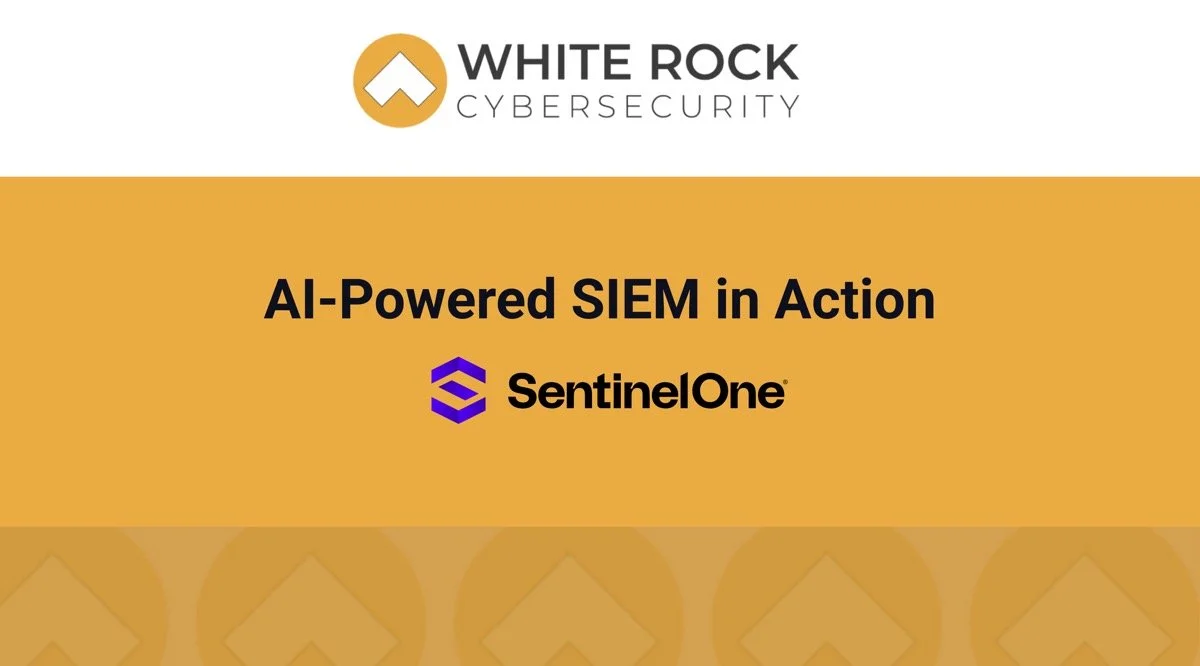Penetration testing (pen testing) - the simulation of real-world attacks to uncover vulnerabilities - is undergoing a seismic shift. What was once a manual, checklist-driven exercise rooted in compliance is being reimagined in the era of AI. As AI becomes more deeply embedded in modern cybersecurity strategies, it’s not just enhancing testing capabilities - it’s fundamentally transforming how offensive security is conducted.
What AI Means for Pen Testing
The rise of AI in security brings both opportunities and challenges. On one hand, AI enables better visibility, faster detection, and smarter prioritization. On the other hand, it forces security teams to challenge long-held assumptions about how testing should be approached.
Today’s security leaders are asking critical new questions:
In response, the industry is shifting toward a blended approach that merges human insight with the speed and scale of AI. This hybrid model is quickly becoming the future of pen testing - intelligent, adaptive, and more aligned with today’s dynamic cyber risk environment.
Human-Driven vs. AI-Driven Testing
Automated scanners, even when powered by AI, offer undeniable scale. They can sweep massive environments in seconds, identifying common misconfigurations and known vulnerabilities. But scale without context has limits. And these tools often miss context, especially business-logic vulnerabilities that require human intuition.
Human-driven testing brings that critical nuance. It doesn't just ask “What’s vulnerable?” but “What would a real attacker do here?” Human and AI-driven testing complement each other, giving organizations a more comprehensive view of their risk profile, bridging gaps, and ultimately strengthening defenses.
“AI is enabling cybersecurity professionals to refocus on more complex, higher-value business challenges where their particular skillsets provide the most power: areas that demand critical thinking, creativity, and domain expertise.” Aaron Shilts, CEO, NetSPI
Testing the AI Itself
A new and growing frontier in pen testing is testing the AI itself. As organizations increasingly adopt AI, whether in customer support, data analytics, or security, these models become part of the attack surface. And that means they, too, must be tested.
In recent assessments, we’ve begun exploring:
These types of risks are no longer just hypothetical. AI systems are in production, interacting with users and powering decisions. Testing them has become an essential part of modern offensive security.
A Shift in Mindset
Ultimately, modern pen testing is more than tools—it’s about mindset. It’s not just a box to check for compliance; it’s a strategic practice to reduce uncertainty, expose gaps, and build resilience in a rapidly evolving threat landscape. As attack surfaces grow and threats become smarter, testing needs to be smarter, too.
Forward-thinking security teams are asking:
These are the questions shaping the next generation of pen testing—where AI is an enabler, not a shortcut.
“Handing key pieces of a business’s security posture over to autonomous agents should not be taken lightly – it requires full visibility, strong governance, and constant checks and balances. This is not just a technical issue. Businesses must ensure that every part of their organization (and just as importantly, every partner they work with) is committed to transparency and discipline. Without complete visibility and tight adherence to security hygiene, skepticism and concern around AI in security will continue to hold adoption back.” Aaron Shilts, CEO, NetSPI
The Bottom Line
AI is accelerating the future of cybersecurity—but it’s also raising expectations. The question now isn’t if you’re doing pen testing this year, but how you’re doing it, and whether your approach is ready for what’s next.
Human creativity + machine speed = stronger, smarter security.
Are you interested in learning more? Watch our latest webinar with NetSPI for a deep dive into how pen testing is changing in the era of AI. View below:











